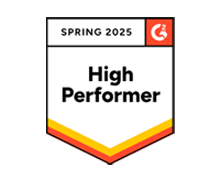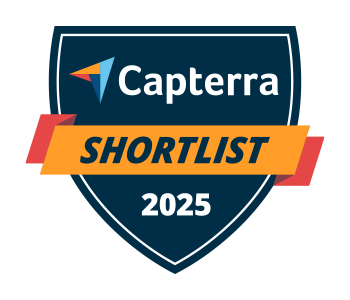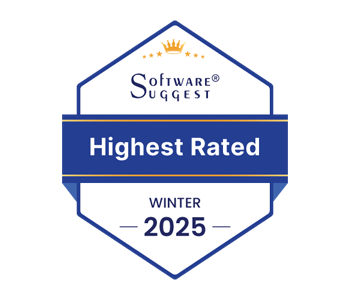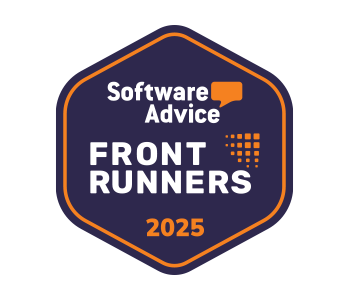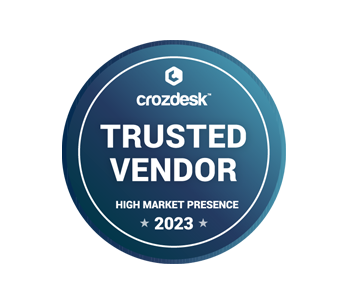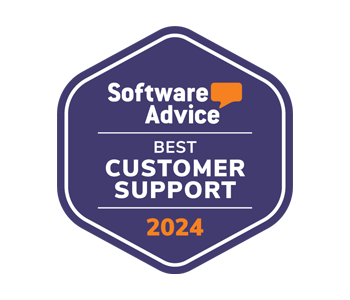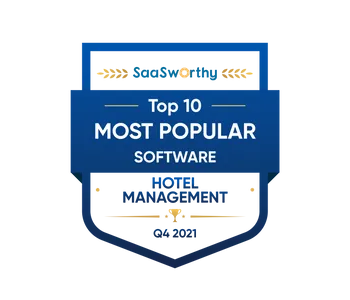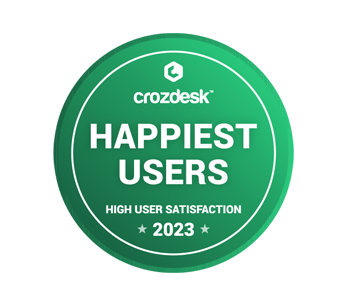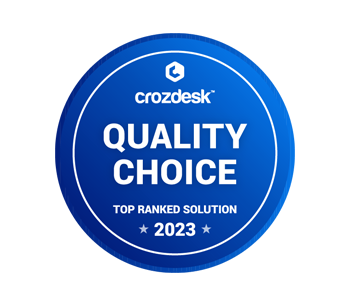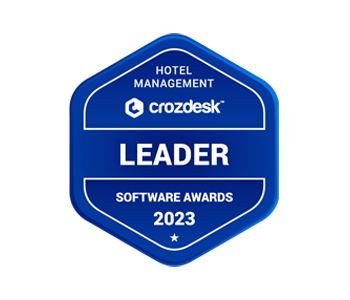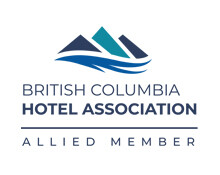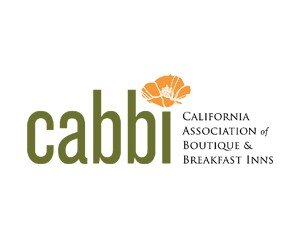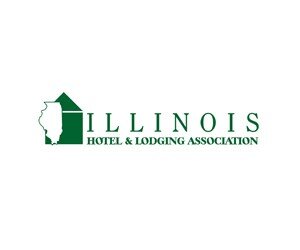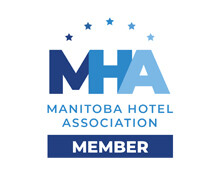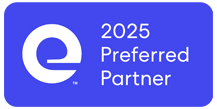There’s a lot trending in hospitality right now—so how do you prioritize? When we sat down to work through our recommendations for independent hotels to focus their energy on this year, what emerged was a heavy focus on technology.
There’s little to no separation between our digital and “real” lives anymore. Offering guests truly exceptional experiences is becoming more difficult without advanced tech. Here are six hotel technology trends you should invest in this year to attract and retain guests, and make your daily operations easier in the process!
1. Create an Experience
Guest experience is everything for independent hotels. It perpetuates positive word of mouth and enhances your online presence through great guest reviews. Personalized services are as important as ever. Consider curated room amenities and activities that guests can select during the booking process to personalize their stay. (Choose an online booking engine that allows you to upsell.)
In-room tablets and hotel apps can allow guests to further curate their stay via guest messaging applications that allow them to communicate preferences to the front desk or order room service, control lighting, choose streaming services, and book activities with your partners.
2. Digitalize Operations
Hotels that still use paper ledgers, invoicing, and registration cards are becoming few and far between. In our digital world, the majority of travelers plan their accommodations virtually first. Even boomers have made the switch to digital so direct online booking is essential.
Instead of being the human go-between for your various departments and systems, find a property management system that allows you to automate operations across the board to save time and avoid mistakes.
Property management software (PMS) like WebRezPro centralizes your data to allow you to manage bookings and rates across platforms, collect guest data, automate billing and payments, streamline guest communications, schedule and track housekeeping tasks, and generate performance and accounting reports—all from a single dashboard. And you can conveniently and securely manage your property from anywhere with an internet connection (and on mobile).

Your property management system can also be integrated with external software such as your revenue management system (RMS), guest messaging and mobile key platform, OTA and GDS channels, POS system, and more for increased efficiency and seamless guest experiences.
3. Level Up Your Online Presence
When was the last time you audited your hotel’s online presence? If you don’t remember, that’s a sure sign that you’re due.
This year, prioritize your online presence systematically by listing where you are online, your performance on each channel, and what you can do to enhance it. For example, one line item may be social media, and your hotel is on TikTok, Facebook, and Instagram. During your audit, you realize TikTok is not driving much traffic or engagement. Meanwhile, you know that one crucial audience segment is business travel and you’re not yet on LinkedIn. You might decide to drop TikTok, start a LinkedIn account, and repurpose your blog content to save time on social media.
If you’re like most independent hotels, you won’t be able to get to everything all at once, so be sure to prioritize and strike off the most important initiatives (that will have the biggest impact) first.
One major focus should be your website; ensure that it is responsive so that it offers a seamless experience across all devices. You may want to involve your web designer for a site audit to ensure it’s optimized for search engines, loads fast, and that your hotel branding is consistent. Consider including video (and virtual hotel tours) to keep visitors on your site for longer.
While keeping your website functioning and looking its best helps attract more direct bookings, don’t neglect your OTA channels. Investigate the true cost of acquiring guests through different channels and invest in the ones with the greatest return. Don’t overlook the reach OTAs can provide. Many guests begin their hotel search on OTAs so your presence there is vital. For guests who have booked via OTA channels, be sure to pursue repeat bookings directly with you.
4. Optimize Revenue
Would you like to increase your bookings, revenue, and profitability? Of course, you do! For many independent hotels, margins are tighter than ever, so it’s imperative to optimize revenue this year.
Begin with analyzing historical data to determine high and low demand times and adjust room rates to maximize earnings. Adopt a dynamic pricing strategy based on demand and occupancy levels to increase profit during times of high demand and attract guests when occupancy is lower. Use your property management system’s yield management functionality to automate rate adjustments in response to changes in availability.
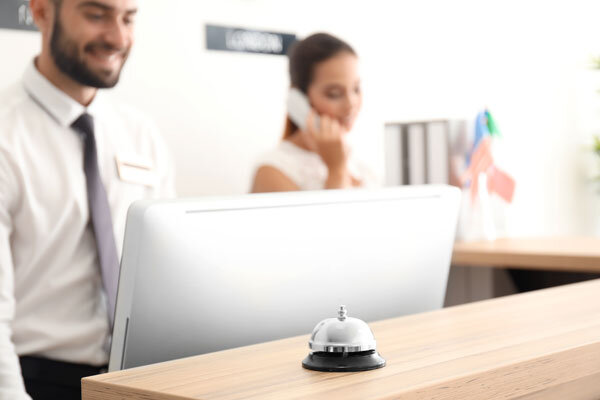
Integrating an automated revenue management system with your PMS allows you to supercharge your revenue management strategy. Through such an integration, your RMS automatically receives reservation, rate and availability data from your PMS to help determine optimal pricing in real time, and then feeds accepted pricing recommendations directly to your PMS and across all connected channels.
Consider ancillary services and amenities to generate revenue too (and enhance guest experience). Thinking about revenue in a more holistic way (not just room revenue) paves the road to a better bottom line. Offer value-added packages and upsells to boost total revenue and promote your unique offerings.
5. Grow Sustainable Practices
Sustainable hotel practices continue to take top priority in 2023. In addition to physical eco-friendly practices—such as recycling, reduced laundering, and refillable bathroom amenities—more hotels will leverage technology for increased sustainability.
We’re talking about going paperless with mobile check-ins and digital guest communication, getting rid of plastic keycards with mobile key integrations, and saving energy with smart-room integrations that can dim lights, close curtains or reduce the temperature when there’s no movement. Automating these operations not only helps you to decrease your environmental footprint, but to meet the expectations of today’s guests too.

6. Humanize with Artificial Intelligence
It might sound like a contradiction, but independent hotels can leverage AI to further humanize their brand and to provide personalized guest experiences while streamlining operations. Here’s how:
- Use a virtual chatbot concierge to answer common guest questions and provide exceptional 24/7 service.
- Implement predictive analytics for proactive customer services, such as guest messaging that can recommend a spa service or a particular room service meal.
- Engage in social listening and sentiment analysis to gain guest feedback and address problem areas.
- Equip your smart room with voice recognition for voice-controlled lighting, room temperature, and even room service.
- Use platforms like ChatGPT to assist with writing blog posts and marketing emails.
The future is now! It’s important for independent hotels to invest in technology or get left behind. Not only does hotel technology save you time and increase efficiency, but it empowers you to create the kind of seamless service that makes for an exceptional guest experience.







